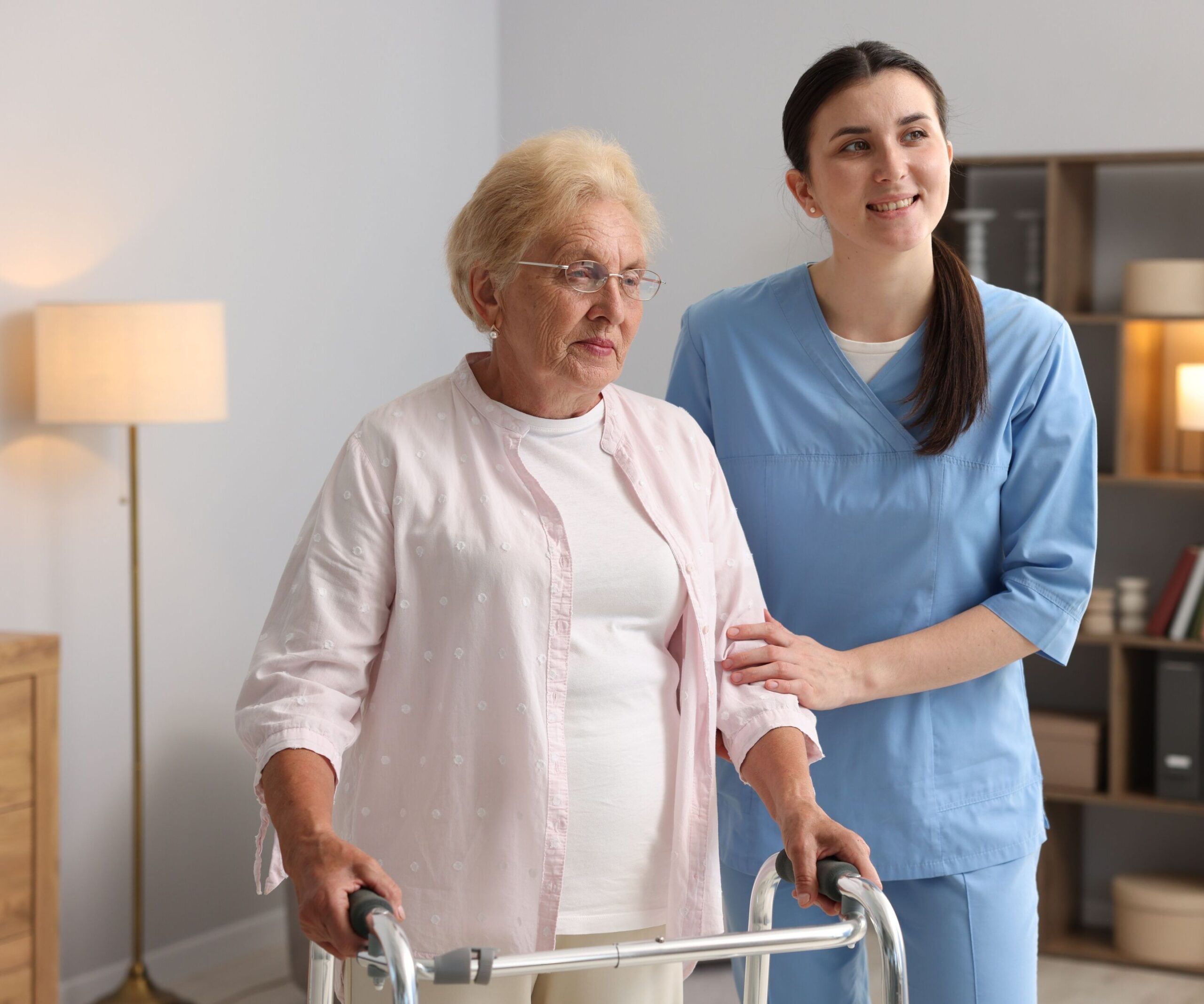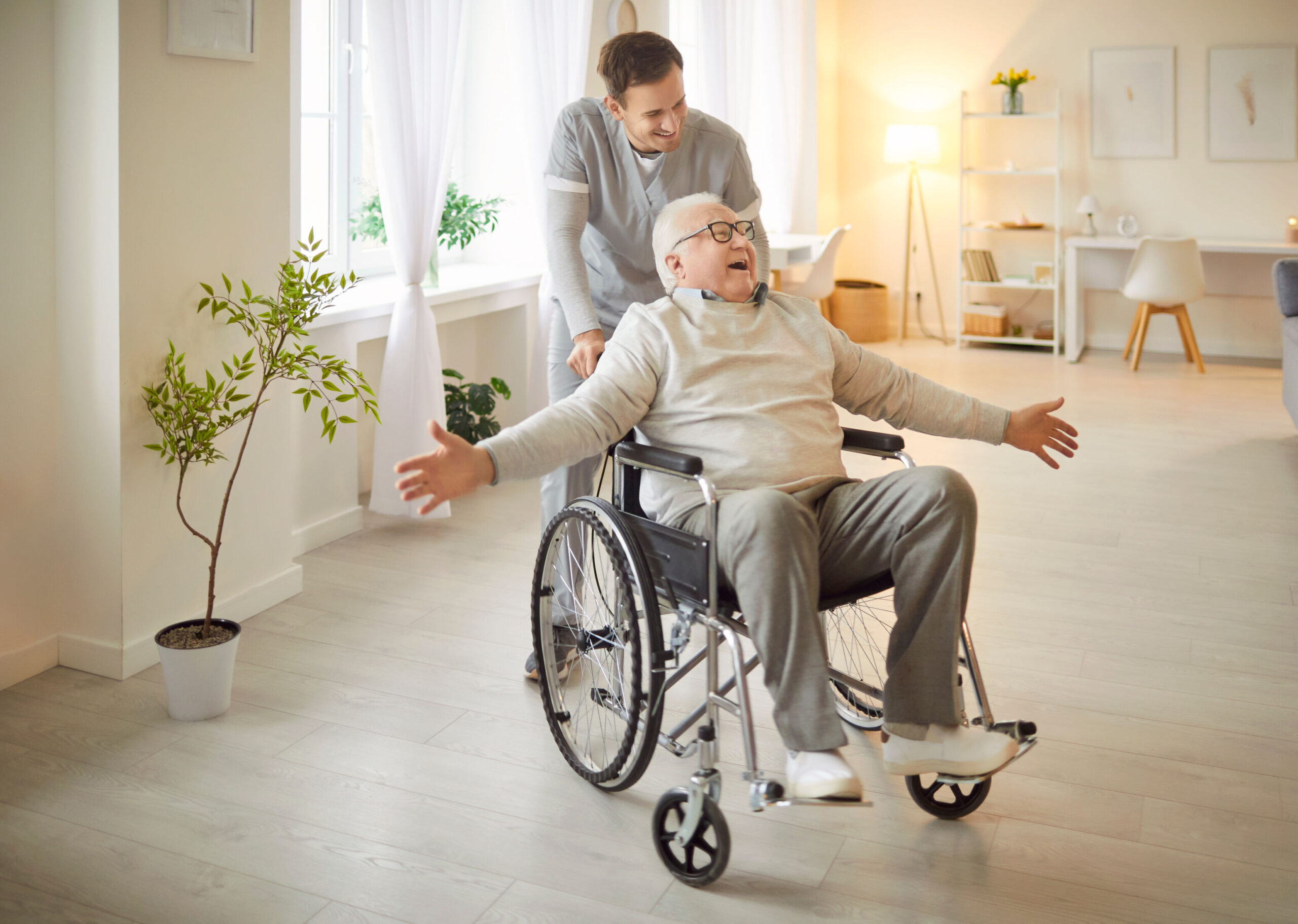
Table of Content
Caring for seniors requires more than just compassion—it demands a fine balance of practical skills, emotional intelligence, and adaptability. If you’re a family member taking on caregiving responsibilities for a senior loved one, mastering key skills can make all the difference in providing high-quality care while ensuring your loved one’s wellbeing.
Effective Communication
Clear and compassionate communication is at the heart of caregiving. Seniors may face challenges such as hearing loss, cognitive decline, or difficulty expressing themselves.
Here’s how caregivers can improve communication:
- Practice active listening – Truly listen to your loved one’s words, tone, and body language. Show empathy by responding thoughtfully.
- Speak clearly and slowly – Avoid using overly complex words. Instead, keep sentences simple and direct.
- Be patient – Some seniors may take longer to process or respond. Give your loved one adequate time to express his or her thoughts or concerns.
Building a strong communication foundation not only builds trust but also helps caregivers address the needs of seniors effectively.
Time Management and Organization Skills
Caregiving often involves juggling multiple tasks, such as arranging appointments, preparing meals, and managing household chores. Effective time management ensures your loved one receives attentive care without overwhelming yourself.
- Prioritize daily tasks – Create a schedule that includes routines for meals, medications, physical activities, and relaxation.
- Use tools – Mobile applications and organizers can assist you in setting reminders and keeping track of tasks.
- Plan for emergencies – Beyond day-to-day activities, always have contingency plans for unforeseen emergencies or situations.
Being organized minimizes stress and ensures nothing critical slips through the cracks.
A professional caregiver can be a wonderful source of support for both you and your loved one. Home care service experts are available to provide high-quality care to seniors on an as-needed basis. From assistance with mobility and exercise to providing transportation to the doctor’s office and social events, there are a variety of ways professional caregivers can help your aging loved one continue to live independently.
Emotional Support and Empathy
Seniors often experience emotional challenges like loneliness, depression, or anxiety as they age. Aim to provide a nurturing and understanding environment.
- Be observant – Look for signs of emotional distress, such as withdrawal, changes in eating habits, or mood swings.
- Offer companionship – Spend quality time engaging in meaningful conversations or activities your loved one enjoys.
- Encourage independence – When possible, allow your loved one to make decisions, fostering a greater sense of control and dignity.
Providing emotional support not only enhances quality of life but also builds a stronger caregiver–senior relationship.
Living independently is important for seniors who want to maintain a high quality of life. For some, this simply means receiving help with tasks that have become more challenging to manage over time. Even when families have the best intentions, they may not have the time to provide the care their elderly loved ones need and deserve. If your loved one needs help for a few hours a day or a few days a week, reach out to Assisting Hands Home Care, a trusted provider of respite care Frederick seniors can depend on.
Adaptability and Problem-Solving Skills
No two days are the same when it comes to caregiving, and the ability to adapt is critical. Situations like medical emergencies, changing routines, or sudden mood shifts require quick thinking and calm action.
- Stay calm under pressure – Practice stress management techniques like deep breathing to stay composed in unplanned situations.
- Think ahead – Anticipate possible challenges and prepare for them. For instance, ensure there’s always a stocked first aid kit or an extra set of keys.
- Stay educated – Regularly update your knowledge by attending workshops or reading about advancements in senior care.
Flexibility and problem-solving keep you prepared for whatever challenges come your way, ensuring your loved one receives consistent and high-quality care.
Not every senior has the same care needs, which means they don’t all need the same type of senior care. Frederick families can rely on Assisting Hands Home Care to provide individualized care plans to meet their elderly loved ones’ unique care needs. Our caregivers help seniors focus on healthy lifestyle habits such as eating nutritious foods, exercising regularly, and maintaining strong social ties, and we offer mentally stimulating activities that can boost cognitive health and delay the onset of dementia. Trust your loved one’s care to the professionals at Assisting Hands Home Care. To create a customized home care plan for your loved one, call us today.








